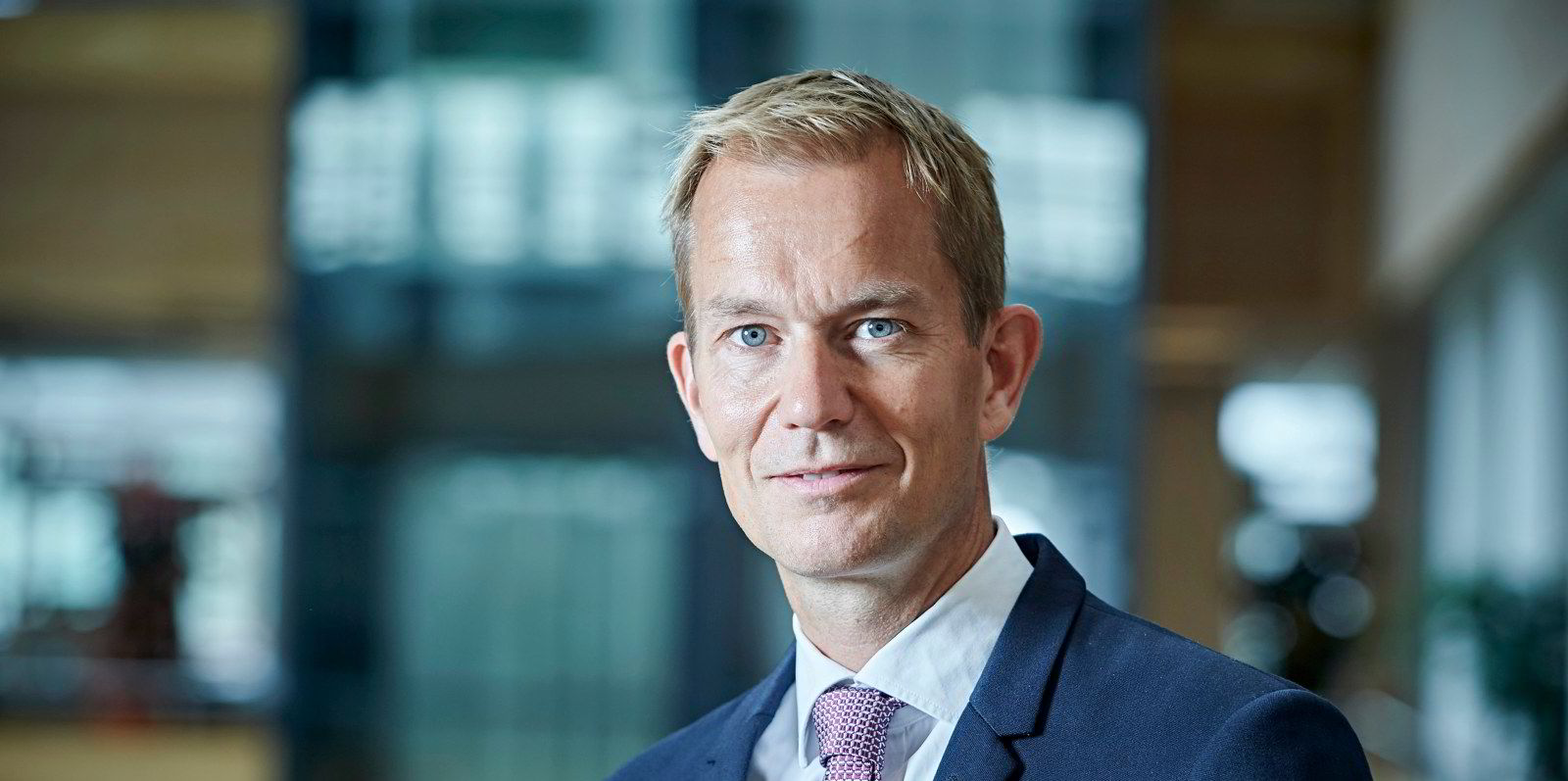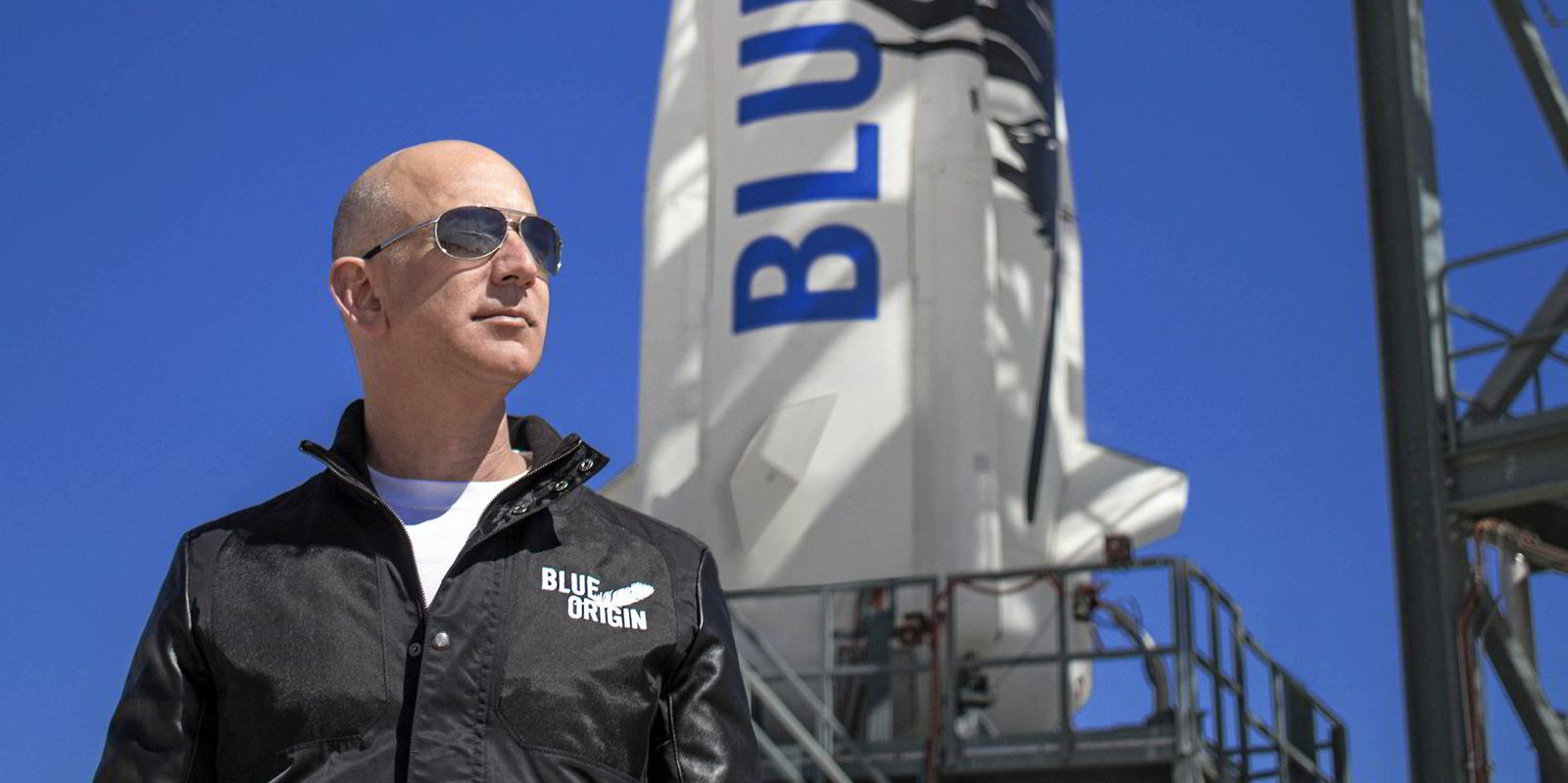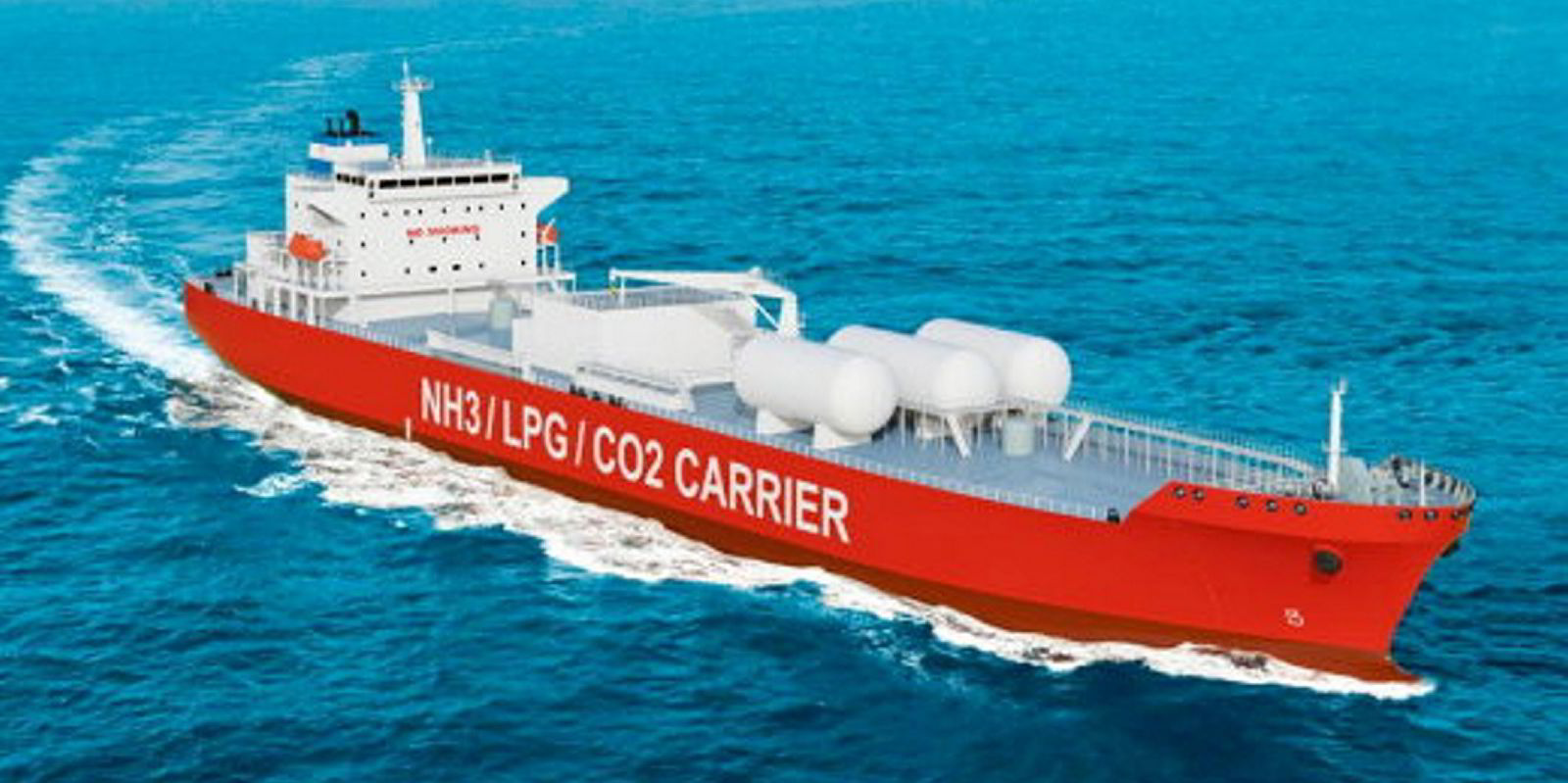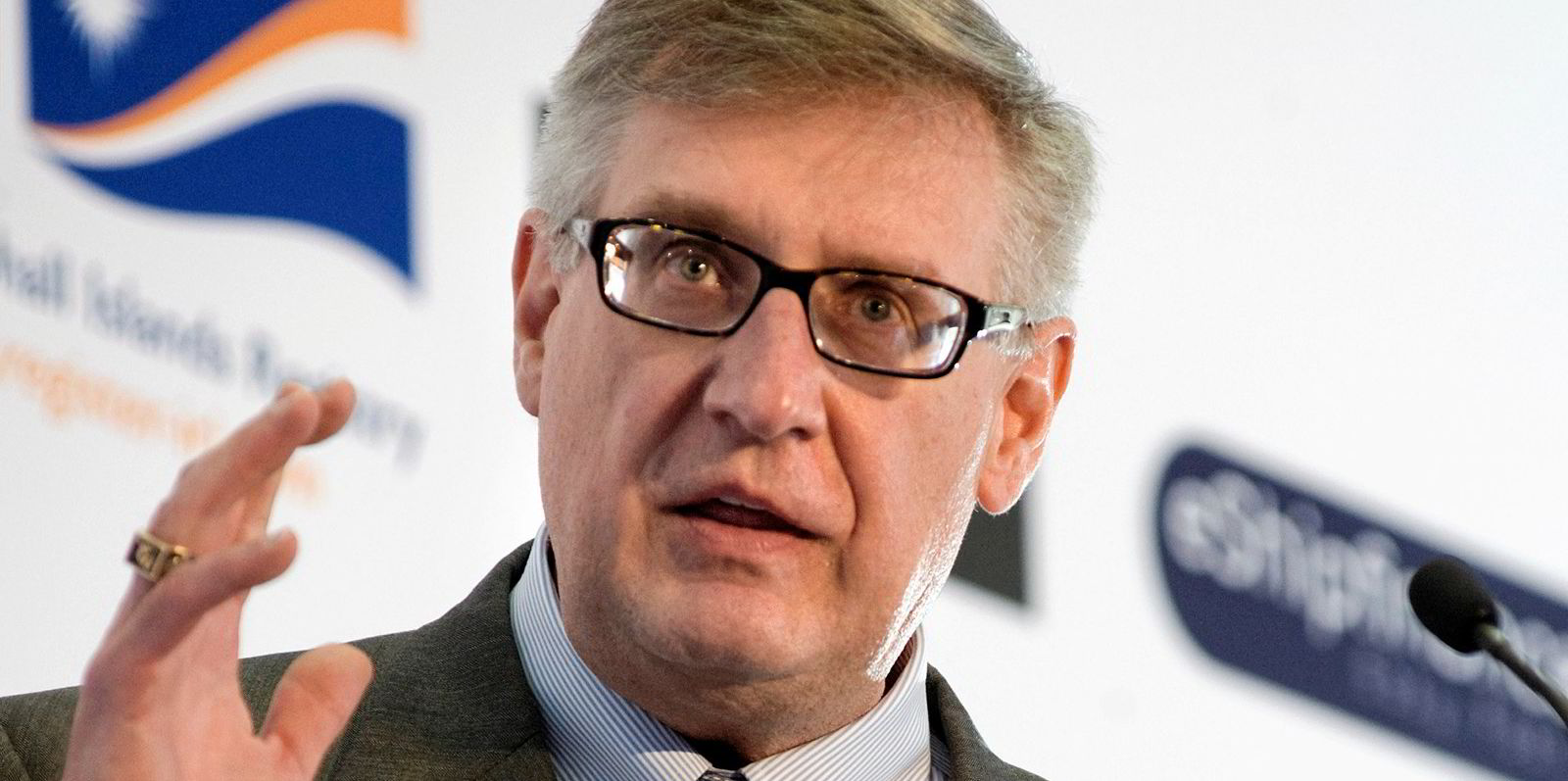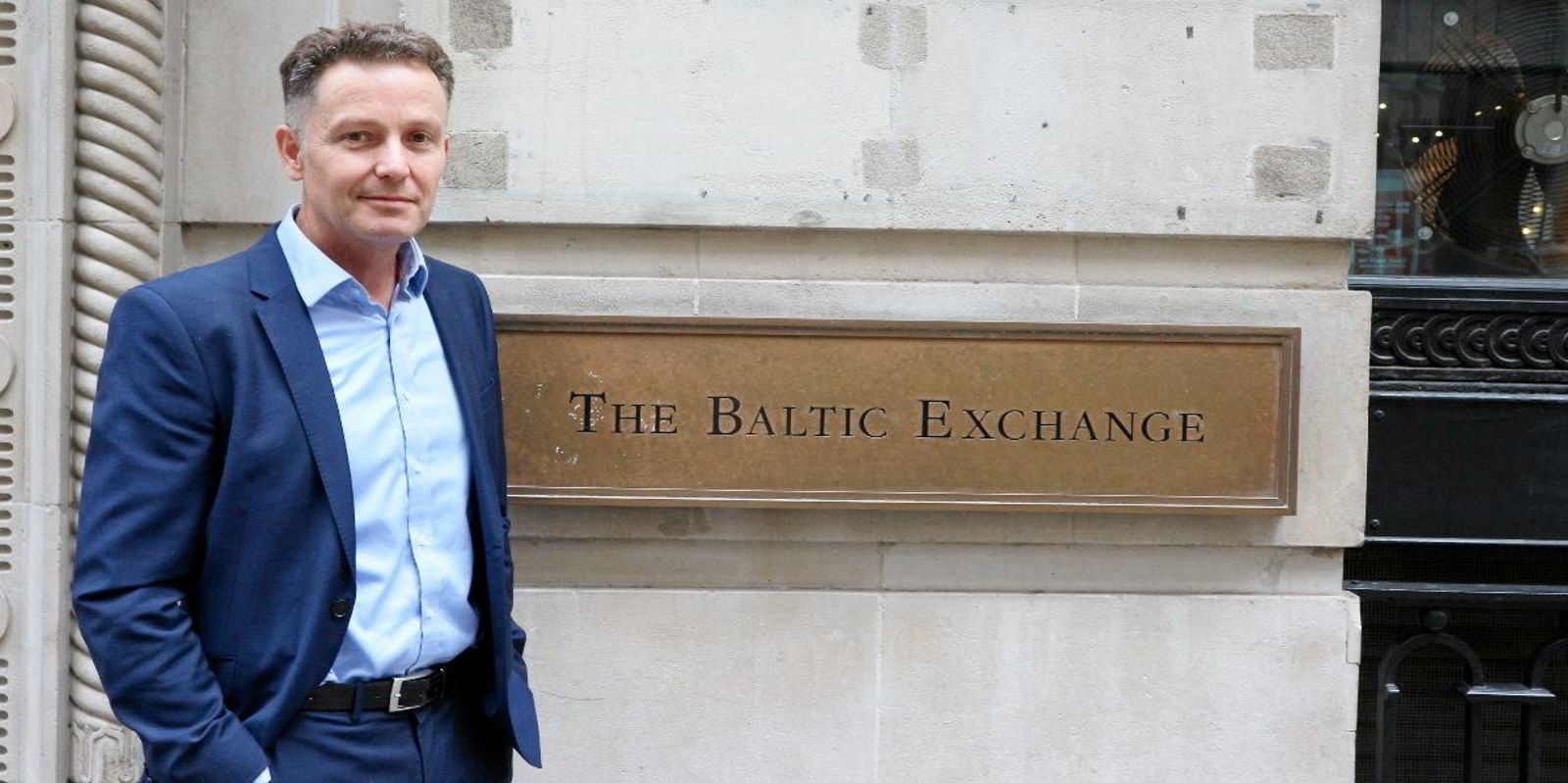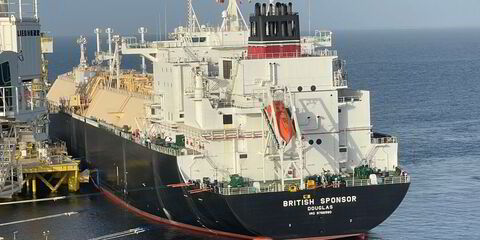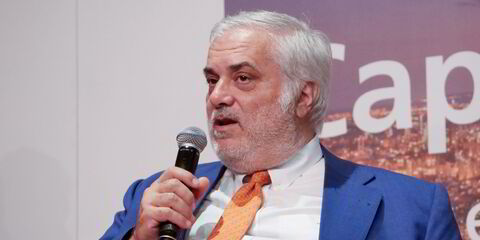Denmark's Maersk Mc-Kinney Moller Center for Zero Carbon Shipping has issued a call for regulatory support as it published its first zero-emissions plan for shipping.
The independent research organisation, founded in Copenhagen in 2020, believes the industry can hit its 2050 decarbonisation target, but only if shipowners' actions are matched by "firm" legislation.
And the centre said a carbon levy for vessels could start as low as $50 per tonne of CO2-equivalent if the cash is earmarked and returned to the early adopters of alternative maritime fuels.
With 100,000 commercial vessels consuming 300m tonnes of bunkers per year, shipping accounts for around 3% of global carbon emissions.
And this share will likely increase as other industries tackle climate emissions in the coming decades, the centre warned.
To hit the 2050 target, new fuel types and a systemic change within the industry are needed, the organisation added.
"The path we are on leads to about 20% more greenhouse gas emissions from global shipping by 2050. We are very far away from the 1.5-degree [1.5C] and well below the 2-degree [2C] pathways outlined by the IPCC [Intergovernmental Panel on Climate Change]," said Mads Peter Zacho, the centre's head of industry transition.
He added that industry leadership needs to be followed by public support through global regulation.

"Regulation will create the confidence with energy providers, technology developers and investors needed to accelerate this systemic change of an entire business system," Zacho said.
The new industry transition strategy launched on 18 October sets out four main drivers to decarbonisation over the next decade.
The first is to create a level playing field through global legislation.
A flat carbon levy of $230 per tonne in 2025 could close the fuel cost gap to fossil fuels and bring the maritime industry close to zero carbon by 2050, the researchers believe.
But this would accumulate almost $4trn of proceeds while adding to the cost of maritime transport, they warned.
Use of funds is key
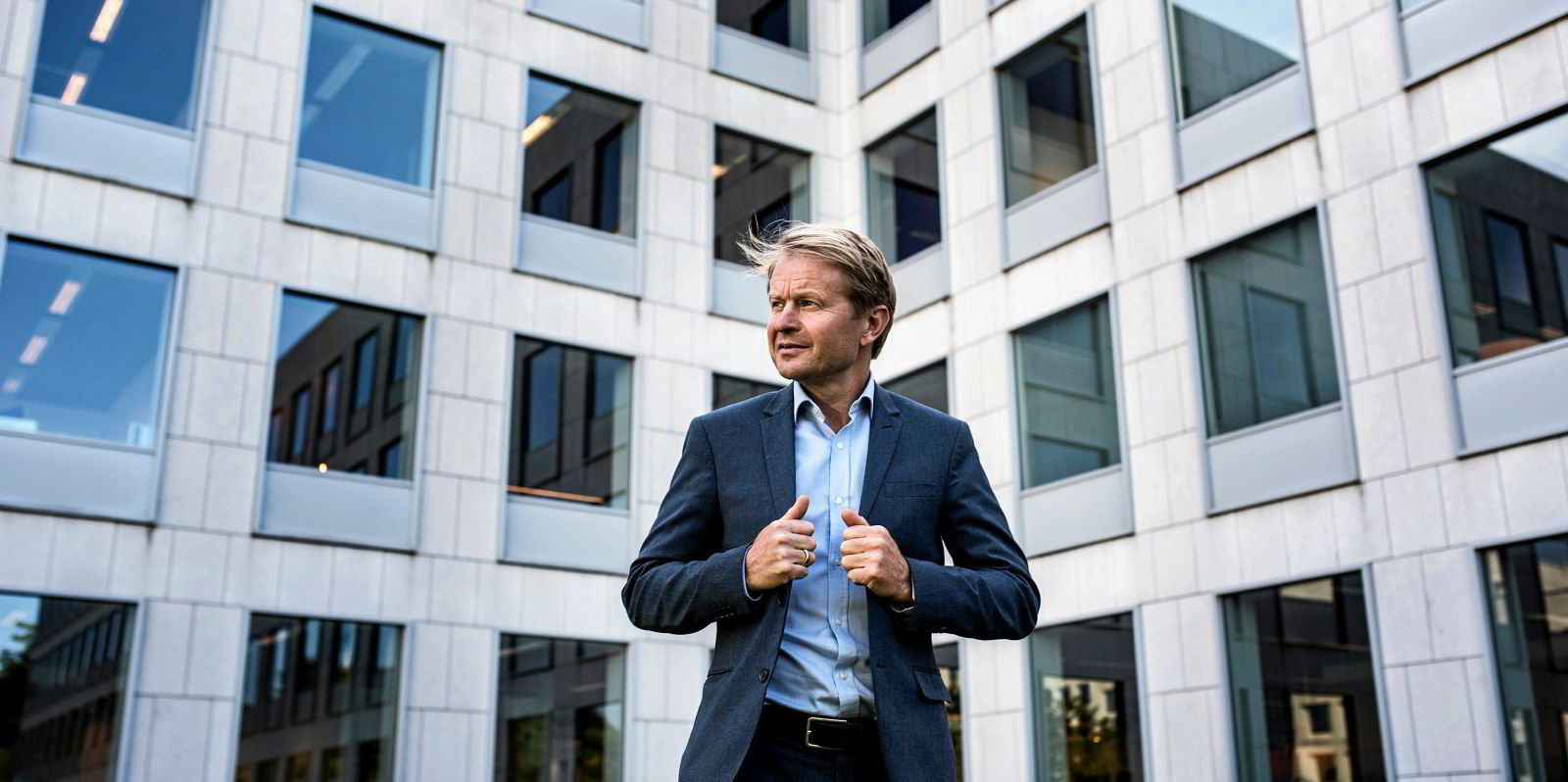
"Introducing carbon pricing where funds are earmarked and returned to the early adopters of alternative fuels could close the fuel cost gap at a much lower levy," the Maersk Mc-Kinney Moller Center said.
Accumulated funds could be reduced to around $2trn this way.
Alternatively, starting off at $50 per tonne and increasing to $150 could generate enough proceeds to not only compensate early adopters but generate $300bn for developing countries, the centre argued.
The second driver is making new fuels competitively priced and available at scale.
These alternative bunkers cost two to eight times more to produce, the report says.
The Maersk Mc-Kinney Moller Center wants to see the development of permits, licenses, standards, regulation and new market mechanisms to help take-up.
Thirdly, the report says there must be wider adoption of energy efficiency measures, again with regulation accelerating their adoption.
Protecting players' margins is vital
And finally the centre reiterated the need to support decarbonisation pioneers.
"Industry leadership is gaining momentum and if all current shipowner decarbonisation commitments are delivered on, 22% of global maritime transportation will be net zero carbon by 2050," the organisation said.
Legislation would help prevent "margin erosion" by closing the cost gap between fossil and alternative fuels, the organisation added.
The Maersk Mc-Kinney Moller Center's partners include Alfa Laval, AP Moller-Maersk, BP, Cargill, Seaspan Corp, MAN Energy Solutions, Mitsubishi Heavy Industries, NYK Line, Norden and TotalEnergies.
Showing the world what is possible
"We want to show the world that it is possible to decarbonise the maritime industry by 2050," said centre chief executive Bo-Cerup Simonsen.
"This strategy outlines pathways ahead and guides our research and the collaboration with our partners and other public and private players to make it happen."
Simonsen believes it is still early days in the race to zero, and many uncertainties remain.
He said: "But we believe that an important element in effective collaboration is transparency and that at this stage 'perfect is the enemy of good'."
The centre has promised more such strategy documents in future years as views and conclusions change over time and new technologies mature.
The Copenhagen research base was made possible by a start-up donation of DKK 400m ($63m) by the AP Moller Foundation.
